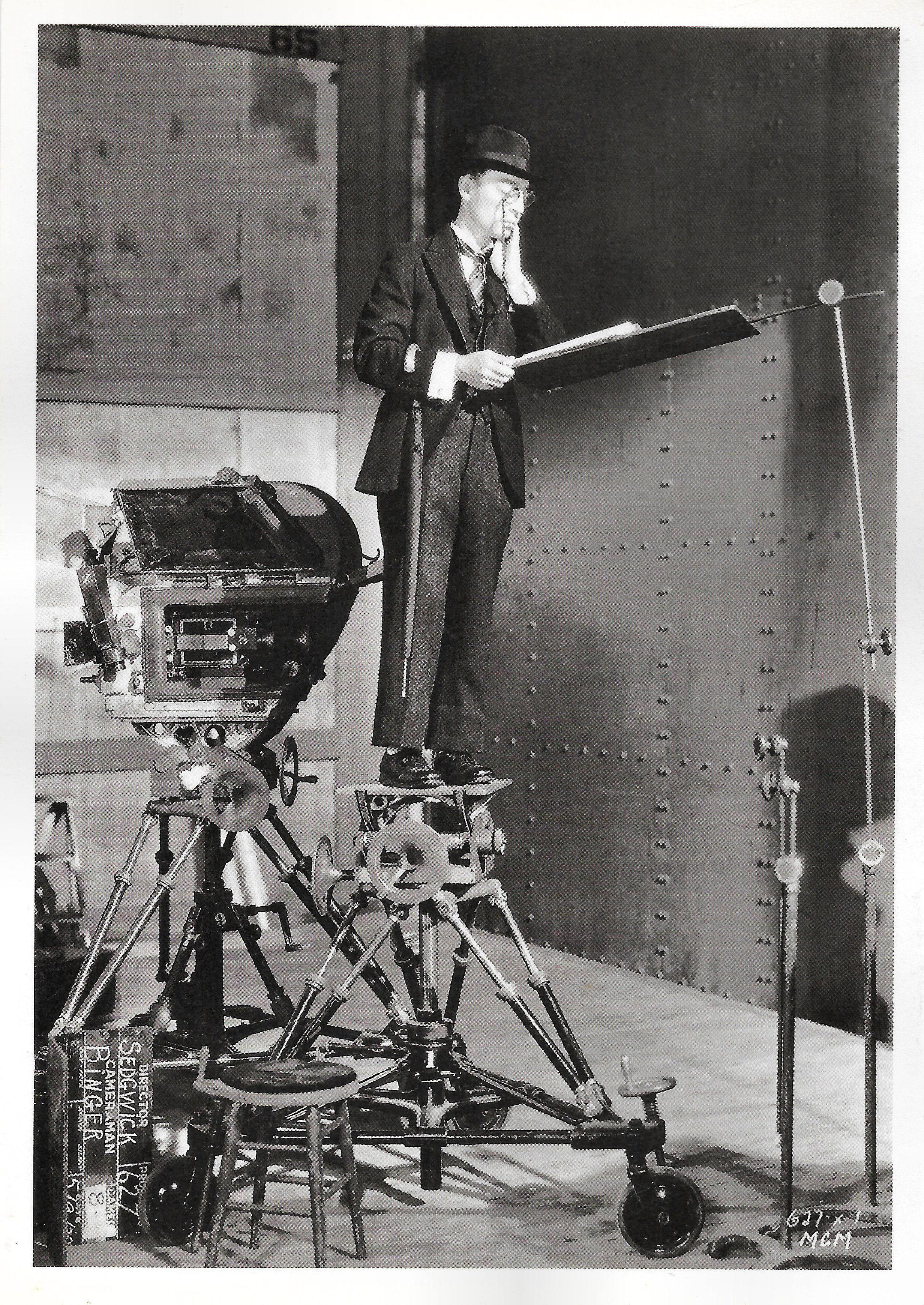In today’s increasingly health-conscious society, the role of a personal trainer extends beyond adult fitness enthusiasts to include the youngest members of our communities—children. As parents and guardians recognize the myriad benefits of physical activity for their children’s physical and mental development, the demand for specialized personal trainers who cater to younger clients is on the rise. However, selecting the right personal trainer for children is not merely a matter of convenience or availability; it is a crucial decision that can significantly impact a child’s well-being and lifelong relationship with fitness. This article delves into the analytical aspects of why choosing the appropriate personal trainer for children is essential, exploring factors such as safety, developmental appropriateness, motivation, and the fostering of a positive self-image. With the right guidance, children can not only improve their physical health but also build foundational skills that promote a balanced and active lifestyle.
Evaluating Credentials and Experience for Child-Specific Training
When selecting a personal trainer for children, it’s crucial to delve into their credentials and experience to ensure they possess the right qualifications for child-specific training. Not all trainers are equipped to handle the unique physiological and psychological needs of children, making this evaluation process essential. Look for trainers who have certifications from reputable organizations that specialize in pediatric exercise, such as the National Academy of Sports Medicine (NASM) or the American Council on Exercise (ACE).
- Specialized Certifications: Ensure they hold certifications specifically in youth fitness or related fields.
- Experience with Children: Evaluate their history of working with children, including any testimonials or references from past clients.
- Background in Child Development: A trainer with knowledge in child psychology or development can better tailor programs to suit emotional and cognitive growth stages.
By prioritizing these aspects, you can confidently select a trainer who not only understands the technicalities of fitness but also knows how to engage and motivate children effectively, creating a positive and safe environment for their physical development.

Understanding Child Development and Fitness Needs
When it comes to nurturing a child’s growth, understanding their developmental stages is paramount. Each phase in a child’s life brings unique physical and cognitive milestones, necessitating a tailored approach to fitness. Selecting a personal trainer who comprehends these intricacies can make a significant difference. Such trainers are adept at recognizing the distinct requirements of various age groups, ensuring that exercises are not only safe but also developmentally appropriate. They prioritize creating an engaging and supportive environment that fosters a love for physical activity, which is crucial for establishing lifelong healthy habits.
- Knowledge of Developmental Milestones: A qualified trainer should be well-versed in the physical and emotional milestones typical of different age brackets, from toddlers to teens.
- Customized Training Plans: Tailoring exercise routines to match the child’s individual needs and capabilities, focusing on enhancing strength, coordination, and flexibility.
- Positive Reinforcement: Encouraging a child’s progress through praise and constructive feedback, which helps in building self-esteem and motivation.
- Safety and Fun: Ensuring exercises are age-appropriate and fun, reducing the risk of injury while keeping children engaged.
By choosing the right personal trainer, parents can ensure their children not only achieve their fitness goals but also enjoy the journey of physical development. This strategic decision lays the foundation for a healthier future, where exercise becomes a joyful and integral part of their daily lives.

Building a Positive and Supportive Training Environment
Creating an atmosphere where children feel motivated and supported in their fitness journey is crucial for their development. A skilled personal trainer plays a pivotal role in establishing such an environment. A positive training setting fosters not only physical growth but also boosts self-esteem and encourages lifelong healthy habits. It’s important that the trainer recognizes the unique needs of each child and adapts their approach accordingly. Here are some key elements that contribute to a nurturing training environment:
- Encouragement: Trainers should focus on positive reinforcement, celebrating small victories to build confidence.
- Safety: Ensuring a safe training space where children can explore their capabilities without fear of injury.
- Inclusivity: A welcoming environment where every child feels accepted, regardless of skill level.
- Communication: Open lines of communication between trainer, child, and parents to tailor the experience to the child’s needs.
The impact of such an environment extends beyond physical fitness, influencing a child’s social and emotional development. The right trainer understands the balance between discipline and fun, ensuring that each session is engaging and beneficial. Ultimately, a positive and supportive training environment lays the foundation for a child’s lifelong appreciation of fitness and well-being.
Ensuring Safety and Long-Term Motivation in Youth Fitness
When it comes to nurturing a child’s interest in fitness, selecting a personal trainer who understands both safety and motivation is paramount. A skilled trainer will not only tailor workouts to suit the physical capabilities and developmental stage of the child but also foster a positive relationship with exercise. This is crucial to avoid burnout and ensure a lifelong commitment to health. Here are key attributes to look for in a trainer:
- Certified Expertise: Ensure the trainer holds certifications in youth fitness, demonstrating a thorough understanding of child physiology and psychology.
- Safety-First Approach: The right trainer prioritizes safety, focusing on proper form and technique to prevent injuries.
- Engagement Skills: Look for a trainer who uses a variety of fun, age-appropriate activities to keep children engaged and motivated.
- Communication: A great trainer communicates effectively with both children and parents, setting clear goals and providing constructive feedback.
By choosing a trainer who embodies these qualities, parents can ensure that their children not only stay safe but also develop a lasting enthusiasm for fitness. The goal is to instill a positive attitude towards exercise, creating a foundation for healthy living that extends well into adulthood.



